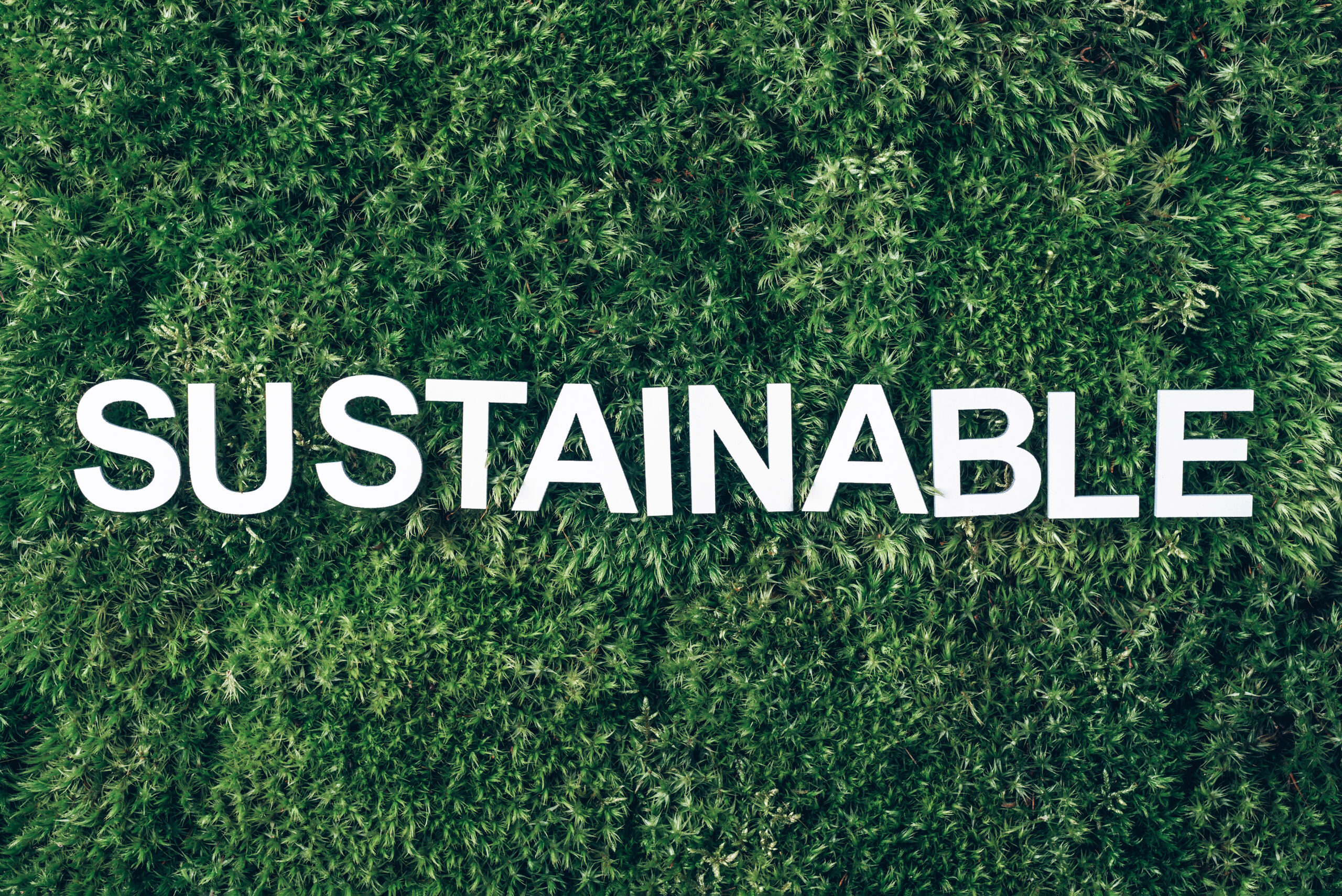VIENNA – The Western Balkan countries share similar environmental, economic, and social constraints when faced with the challenge of the Sustainable Development Goals (SDGs) which reflects on their EU accession path, claims the newest Policy Brief “Bringing sustainability to the Western Balkan region“, published within the “WB2EU” network.
The Policy Brief recalls that the United Nations has adopted the Sustainable Development Goals (SDGs), being the new ambitious benchmark to scientifically assess the advancement made by single countries in sustainable growth. The great importance of the SDGs has influenced a wide set of EU policies, including enlargement and accession. Despite important political progress achieved so far, it is evident that very few Western Balkan countries appear on track to achieve the SDGs, claims the Policy Brief.
“Indeed, the COVID-19 pandemic hit hard the path towards a sustainable transition not only in the region but worldwide, halting or in some cases even reversing the progress achieved by individual countries and the international community”, notes the Policy Brief.
The pandemic has exposed the Western Balkan countries to several socio-economic vulnerabilities and has put under strain public finances that were already struggling. Moreover, these countries have witnessed a further worsening of their labor market indicators, which is something that could worsen social and political tensions, explain the authors.
“The European Commission’s assessment mirrors a greater – but under control – tendency to rely on deficit financing in all the Western Balkan countries, and in some cases, like in Kosovo and North Macedonia, a questionable investment strategy” mentions the Policy Brief.
The Policy Brief underlines that in the 2021 Europe Sustainable Development Report it is mentioned that SDGs have provided a useful framework for constructive dialogue and exchanges between the EU and the Western Balkan candidate countries.
“The synergy between the EU and the United Nations (UN) in the region is, therefore, pivotal to understanding the latest socio-economic developments”, notes the Policy Brief.
The Policy Brief highlights, through its comparative analysis of the socio-economic progress indicators towards SDGs, that all the EU candidate and potential candidate countries experienced a reduction in the risk of poverty or social exclusion between 2015 and 2020. Furthermore, a second indicator addresses child mortality including ending preventable deaths of newborn children by 2030, which shows that all the countries experienced a swift decline in the infant mortality rate between 2009 and 2020.
Furthermore, another area of progress assessment concerns doubling the global rate of improvement in energy intensity where the main bulk of the EU-WB cooperation revolves around the Energy Community Treaty. All the Western Balkan countries have improved their energy efficiency from 2009 to 2020, states the Policy Brief.
“Despite the efficiency gains, the amount of energy required to produce a unit of GDP remained considerably higher in the candidate and potential candidate countries than in the EU: energy intensity ratios were generally 2 to 4 times as high as for the EU in 2020. This overall picture has been negatively assessed by the EU, not only because it parted ways with the SDGs but for its negative fallout on environment and employment”, explains the Policy Brief.
The launch of a Green Agenda for the Western Balkans which is based on the EU Green Deal reaffirmed the fundamental goal of moving towards clean and affordable energy. Furthermore, the Policy Brief reminds us that in the coming years, it will be required to move towards even greater integration of energy networks and strengthen the coordination of integrated policies for all of South Eastern Europe to promote energy efficiency and the green transition.
Another measure of progress is the share of young persons (aged 15-24) who are neither in employment nor in education which is the NEET rate. The European Commission settled the fight against this phenomenon as a priority, but the NEET rate was substantially higher in all the candidate and potential candidate countries than in the EU, where it stood at 15%, explains the Policy Brief.
Lastly, the Policy Brief mentions that it is the focus of the European Commission to create a Europe-harmonized rule for connectivity services where the Western Balkans seem ready to meet the UN goals, despite an inadequate network infrastructure.
The authors recommended that transnational cooperation between countries in the Western Balkan region is needed as a first step to advance SDGs. Secondly, a transnational network of renewable energy should be seen as a security infrastructure that is vital for the independence and autonomy of the whole region even if the investments in the field have been delayed. Lastly, the Western Balkan countries should smooth their mobility rules and agree on specific provisions for students and workers willing to spend time abroad to decrease percentage of NEET rate and other social problems, concludes the brief.
The Policy Brief is published in the framework of the WB2EU project. The project aims at the establishment of a network of renowned think-tanks, do-tanks, universities, higher education institutes and policy centres from the Western Balkans, neighbouring countries and EU member states that will be most decisive for the enlargement process and Europeanisation of the region in the upcoming years. The WB2EU project is co-funded by the European Commission under its Erasmus+ Jean Monnet programme.


